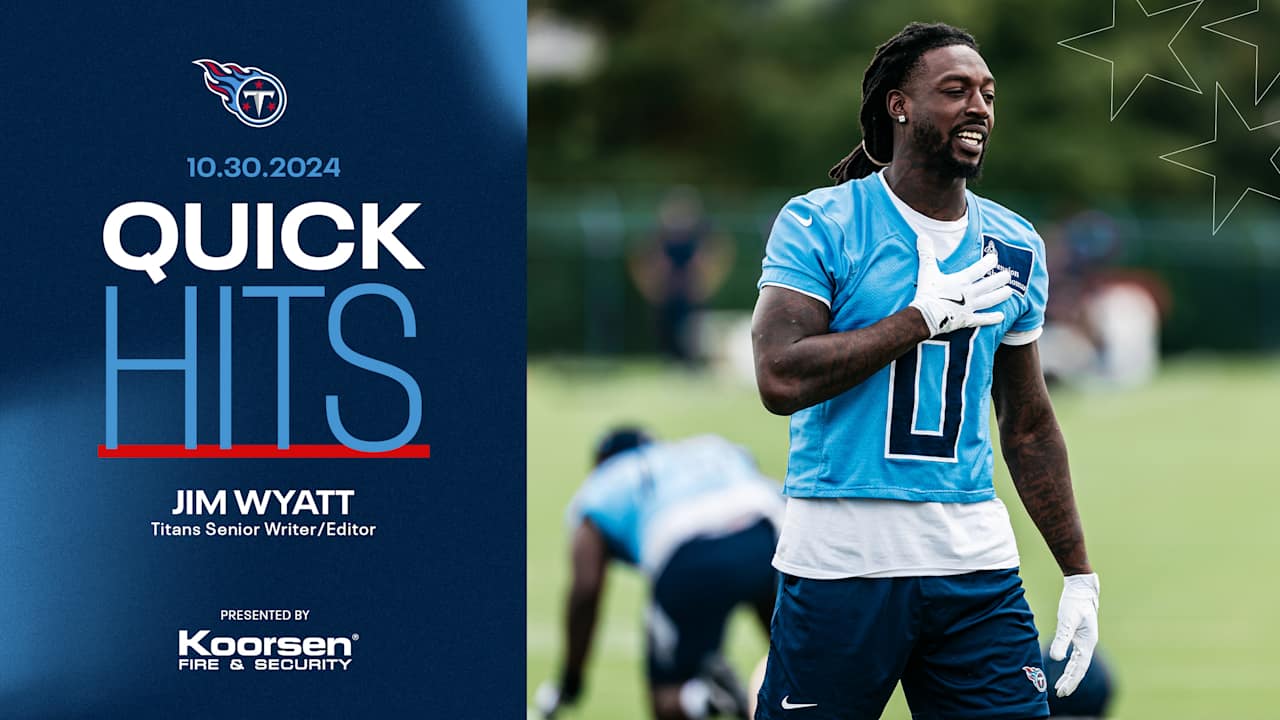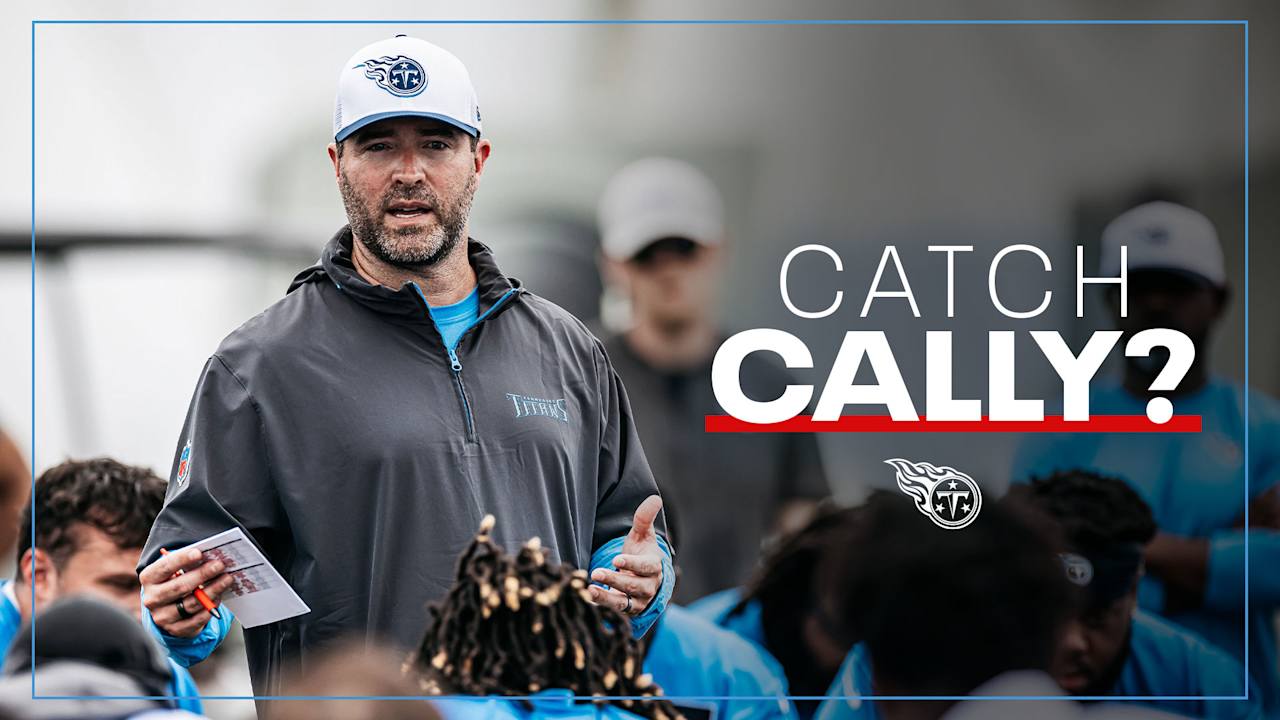Since the dawn of the dotcom bubble, countless promising tech companies have flamed out shortly after starting up, often dragging investors down with them.
Billboard asked three prominent music tech advocates to identify the red flags that investors need to watch for and applied them to three sectors once touted as the future but since consigned to the past.
NFTs
One of the most-hyped tech innovations in recent years, non-fungible tokens generated $25 billion in total sales in 2021, according to market tracker DappRadar. The digital collectibles that are bought and sold using digital currencies drew big-name investors such as Jack Dorsey, Mark Cuban and Guy Oseary and generated millions from successful NFT sales by artists like Diplo, Grimes and The Weeknd. But today, the chat rooms where NFT investors gather are “just such a sad place,” Diplo told Billboard in August. “It was such a mountain of hype.”
The once-popular Bored Ape Yacht Club collection, which Oseary represented and celebrities including Jimmy Fallon, Madonna and Justin Bieber promoted, has seen its floor price — a minimum dollar amount that indicates market demand — decline by 88% from its peak in April 2022. (Two money-losing Bored Ape NFT holders subsequently sued those celebrities, alleging they failed to disclose their financial stake in the company they were promoting.) The lesson? Raised in Space music/tech investment fund founder and managing partner Shara Senderoff says it’s crucial to remain “unfazed by the allure of potential brand partnerships, inflated market-size potential or endorsements from other investors. What truly matters is a focus on revenue generation and the scalability of the business model.”
Livestreaming
In the first year of the pandemic, over two dozen livestreaming companies launched — including Sessions, Bulldog DM and Dreamstage — offering fans the ability to stream concerts at home. Among the investors in the reportedly $1 billion industry were Sony Music Entertainment, Scooter Braun, Deezer and Superfly founder Rick Farman, drawn in by the industry veterans leading the companies and high lockdown demand. Over 113 million U.S. internet users viewed livestreams in the second quarter of 2020, according to market research and analysis company MusicWatch.
Ultimately, fans were overwhelmed. Bandsintown aggregated more than 44,000 global livestream events from late March 2020 to August 2021 — and once in-person events resumed, demand dwindled. After a wave of consolidation, only a few companies like Veeps, which Live Nation acquired in January 2021, claim to remain popular. Artist Partner Group/Artist Publishing Group head Mike Caren says he always looks for businesses that offer “a clear road map for their future development,” which in this case ought to have factored in the resumption of in-person live events.
Social Audio
Another area of music tech that flourished during the pandemic, social audio startups from Spotify, Amazon, X (formerly Twitter) and Clubhouse have all shut down or changed strategy in recent months. At its height, Amazon’s Amp, which the company closed in October, let users host their own shows by streaming music and drew high-profile acts like Lil Yachty, Nicki Minaj and Travis Barker for hosting gigs. While one such platform, Stationhead, remains popular, Raine Group partner Joe Puthenveetil is among investors who say it is usually wise to avoid “companies that rely on buzzwords” over time-tested business metrics.
Additional reporting by Kristin Robinson.
This story will appear in the Oct. 21, 2023, issue of Billboard.






